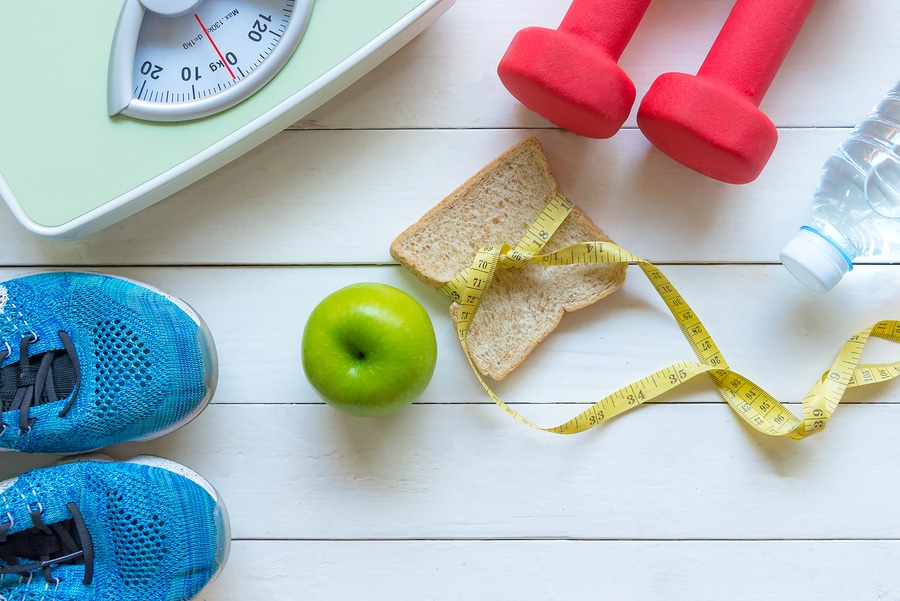If you’ve decided that you’re ready to start your weight loss journey, you could be feeling somewhat nervous. There are a few things that you can do to boost your chances of success. Here are some tips to get you started:
Set Realistic Goals
You should have a reason to keep you pushing when you feel like giving up. Before you embark on your weight loss journey, set emotional and physical goals.
Your physical goal may be to shed off 20 pounds. However, that objective alone won’t motivate you when you feel like giving up.
An emotional goal, for example, is taking 30 minutes a day to meditate to ensure you stay focused on achieving your ultimate weight loss goals.
Eat Fives Times a Day
Eating three meals and two snacks per day helps avert that famished feeling that encourages overeating. Schedule your meal times to ensure you eat every two to three hours.
You may plan to eat breakfast at 7 am, Snack at 9.30 am, and Lunch at 12.30 pm. Then you can take a snack at 3.30 pm and dinner three hours later.
Avoid skipping meals or snacks to save calories. Otherwise, your metabolism may slow down, resulting in weight gain.
Keep Track of Your Food
It’s important to know how much you’re eating when it comes to weight loss. However, many people have no idea how many calories they’re consuming, and this can undermine their weight loss efforts.
You should realize that too few calories can stop your body from losing weight. When your body goes into starvation mode, it won’t burn excess fat. Therefore, monitor your calories as accurately as possible.
Check calorie amounts of the foods you eat and write them down in a food journal. Consider using a weight loss app to make things easier.
Eat Carefully After Workout
While exercise leaves you hungry, consuming too many calories after a workout may undo all of the hard work that would otherwise promote your weight loss efforts.
People often overestimate the number of calories burned during exercise, so they end up eating more calories after a meal.
You can avoid this kind of mistake by planning a healthy post-workout snack, which will ease the hunger without adding more calories.
Include Resistance Training
Resistance training is effective in increasing muscle mass, which helps your body burn more calories while at rest. What’s more, it enhances insulin sensitivity, making your body release less insulin.
Reduced insulin production leads to reduced fat storage. Resistance training also promotes proper nutrient partitioning. Namely, the food you eat is utilized as energy for muscles instead of being stored as fat.
Consistency Is Key
The best way to succeed in your weight loss efforts is by consistently doing what ought to be done. You may have a massive amount of weight that you need to shed off before you attain your goal. To achieve that, you’ll need to remain consistent.
Don’t make the mistake of going for the weight loss programs that promise overnight results. Focus on developing new, healthy habits, and you can rest assured that you’ll lose weight.

